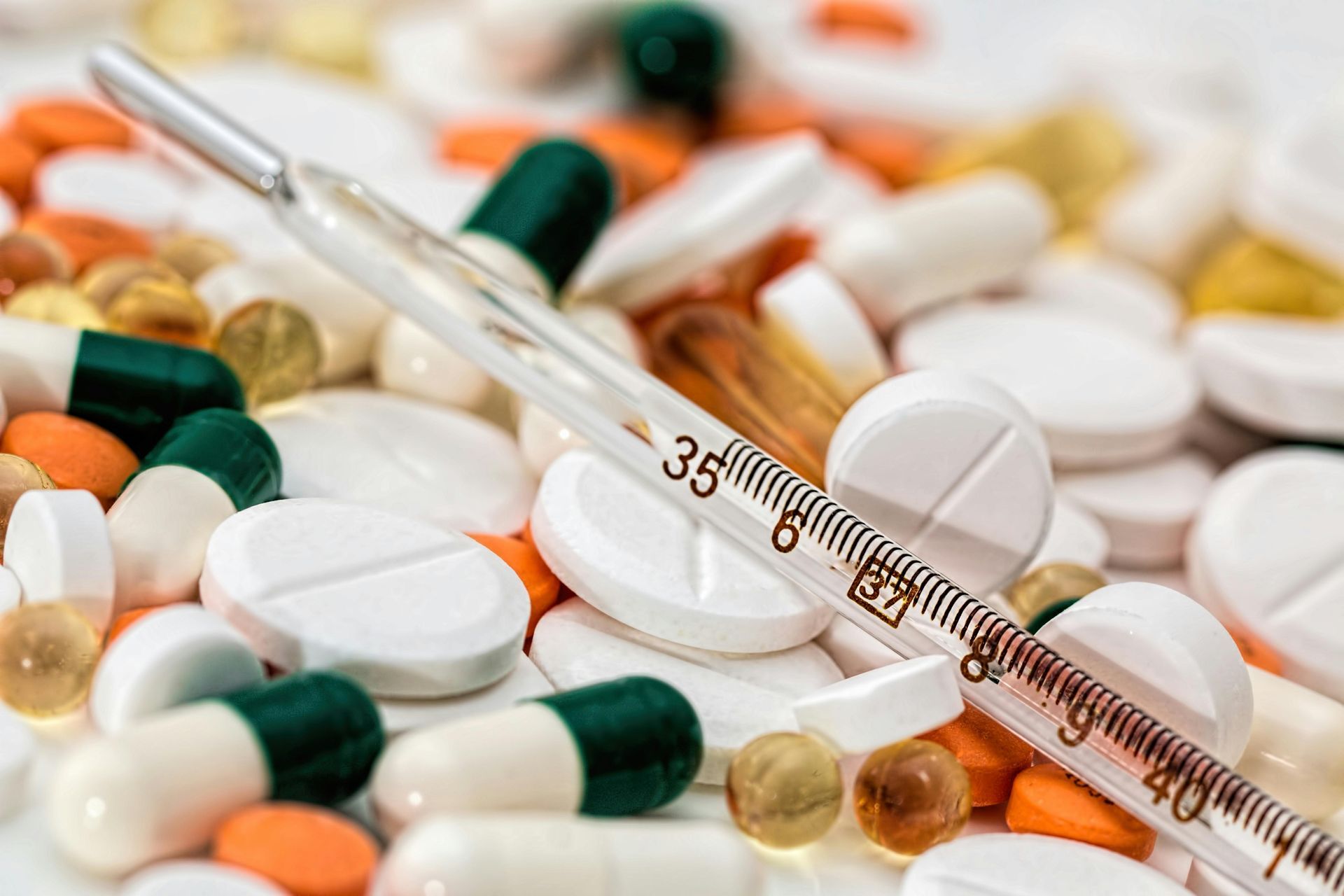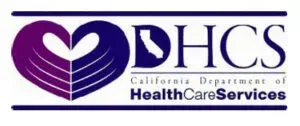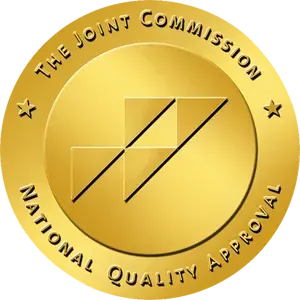Drug Detox
Drug Detox Center in Huntington Beach CA
Surf City Recovery – Alcohol & Drug Treatment offers a trusted and effective drug detox service through its established detox center in Huntington Beach, CA. With a mission to support individuals through the most critical phase of addiction recovery, we ensure patients undergo detoxification in a medically monitored, safe, and structured environment. As one of the best detox centers in Huntington Beach, CA, the program emphasizes personalized care, ongoing support, and evidence-based treatment practices that align with every individual’s recovery path. If you’re looking for a dependable drug and alcohol detox, Surf City Recovery – Alcohol & Drug Treatment offers a solid starting point toward long-term sobriety.
What is Drug Detox?
Phase 1: During Acute Withdrawal
Drug Detox (Detoxification) is a method to flush all the toxins and unwanted substances from the body while offering care for the consequential withdrawal symptoms. It is a metabolic process by which toxins and harmful materials are converted into less toxic and extractable substances. It can be understood as a process of internal cleaning that improves and optimizes the body’s functioning.
Drug Detox is the initial step of any comprehensive drug rehab program. The objective of any drug detox program is physiological healing after long-standing drug obsession. A medically-supervised detox is considered a highly effective treatment. It is proven to help improve recovery and help avoid future relapse. According to SAMHSA, alcohol, heroin, opiates, cocaine, marijuana, etc, are the major substances responsible for detox admissions.
First Stage of Detoxification
The initial phase of drug detox can be intense for several patients. The psychiatric and medical staff will be there to provide you with adequate support. People going through drug detox have to face several withdrawal symptoms such as sweating, agitation, anxiety, insomnia, muscle aches, a runny nose, etc. Though these symptoms aren’t severe, they can be quite painful. Several issues can arise for the patients in the initial few hours of detox. The most critical need will be addressed first, after that, the next, and the next until complete stabilization has been achieved. A few possible issues can be:
Violence
Some drugs can increase aggressive behaviors in patients.
Symptoms of Psychosis
Psychosis is a hazardous complication brought on by the effects of a few drugs, like cocaine.
Injury
Sometimes, it is also found that patients may have hurt themselves while under the pressure of drugs.
Medical Illness
Withdrawal from opioid painkillers can be extremely painful and complicated.
Threat to self
Withdrawal from harmful substances such as opioids can be associated with severe depressive symptoms.
Drug Detox Withdrawal Symptoms
Withdrawal occurs when your body and mind get dependent on a drug for a long period of time, and you get deprived of that drug. The type, duration, and intensity of withdrawal symptoms differ from user to user, but the experience is always almost too hard to bear. If not medically supervised, withdrawal for some drugs like benzodiazepines and alcohol can be life-threatening.
A few common drug detox withdrawal symptoms are:
Diarrhea
Cravings
Dysphoria
Nausea
Insomnia
Muscle Cramps
Seizures
Heart Palpitations
Irritability
Sweating
Agitation
Anxiety
Drug Detox Withdrawal Timelines
Knowing about these withdrawal symptoms can help you prepare for the drug detox process. You will find a bit of ease in starting your journey of recovery. When you plan to stop drinking or using drugs, do not try to handle withdrawal symptoms on your own. Professional support to treat your addiction can increase the chances of getting clean and staying clean.
Types of Drug Detox
There are four majorly types of detox available to reach the primary stage of sober living. Each detox has its own pros and cons. So, anyone looking to recover from severe drug addiction should first go through these available options. After complete understanding, you should decide on a treatment option.
Let’s have a look at the different types available.
1) Cold Turkey Detox / Social Detox / Non-Medical Detox
Also known as ‘Natural Detox’, the cold turkey detox is the simplest yet most dangerous and controversial type. In this detox method, the patient has to go through several stages of withdrawal while living in a private facility with little or no medical care. In this social detox method, patients are provided with psychological and emotional support by the professionals throughout the withdrawal process.
This drug detox method has the least chance of breaking through the initial acute withdrawal stages, and several patients end up surrendering to drug use. The cost of this detox method is minimal to none. This method is safer for patients with mild opiate and marijuana addiction. However, this method is not recommended for patients with alcohol, barbiturates, or opioid dependence due to safety concerns. If you’re evaluating detoxification programs in Huntington Beach, CA, be cautious of relying solely on non-medical detox unless medically advised.
2) Medical Detox
In order to avoid and tackle complications, patients under medical detox are treated with medicines and medical treatment. At medical detox centers, a doctor or a nurse is appointed for the patient for 24-hour monitoring. These medical detox centers help patients to slow down the usage of drugs gradually and reduce withdrawal symptoms.
This kind of detox method is well-suited for patients experiencing the Kindling Effect or repeated relapse, and is widely practiced in various drug and alcohol detox centers in Huntington Beach, including ours.
3) Medicated Detox
Unlike Medical Detox, you are not given any replacement medication, but you are provided with some non-addictive prescription medication. Such medication helps to respond to the detox symptoms. This is typically done on an inpatient basis.
4) Inpatient Detox / Residential Detox
In an inpatient detox, the patient stays at the detox center on a residential basis, receiving 24-hour care and supervision. Usually, inpatient detox is recommended for patients who have a high risk of relapse and other side effects. The patient in a residential detox receives proper medical care and support. Our detox center in Huntington Beach, CA, provides this level of structured inpatient care.
5) Outpatient Detox
In rare cases, outpatient detox is recommended, but it can be a good option for less severe cases of addiction. In outpatient treatment, patients are required to visit a clinic or center for medical or psychological treatment. This option is often chosen by individuals who need flexibility due to work or family responsibilities and can access detoxification programs in Huntington Beach, CA, without full-time residency.
6) Rapid Detox / Ultra Rapid Detox / Rapid Opiate Detox
Commonly called ultra-rapid detox, this method is the fastest and is often completed within a few hours under general anesthesia. The process is highly clinical and monitored continuously, and is considered by some patients with severe heroin, alcohol, or opioid addiction.

Duration of Drug Detox
The drug detox period will last as long as the withdrawal symptoms persist. Until the patient gets stabilized both mentally and physically, the detoxification process continues. It is important to understand that not every patient is successful in complete detox in the initial attempt.
Factors Affecting Detox Duration:
- Polydrug abuse
- Level of dependence
- Co-occurring medical conditions
- Biological or genetic factors
- Environmental aspects
Typically, a drug detox treatment lasts one to two weeks, though individual circumstances vary widely.

Duration of Drug Detox
Drug Detox is the initial step of almost all addiction treatment programs. People who stop using a substance and experience withdrawal symptoms cannot skip this step. Though detox alone is not a complete treatment, it is a part of the larger recovery process.
Key Aspects After Detox:
Personal Support:
Address home, work, legal, or health issues.
Therapy:
Includes nutritional guidance, exercise, and mental health support.
Flexible Treatment Plans:
Recovery timelines vary; some require repeated attempts.
Family Therapy:
Encouragement and support from family members play a vital role.
Aftercare:
Ongoing support through sober homes, group therapy, or outpatient services.
Choosing the right path to recovery begins with a safe and medically supported detoxification process. If you or your loved one is struggling with addiction, our detox center provides a reliable environment to begin healing. As one of the best detox centers in Huntington Beach, CA, their programs are built to manage withdrawal symptoms, minimize relapse risk, and foster long-term recovery. Whether you need inpatient supervision or outpatient flexibility, Surf City Recovery – Alcohol & Drug Treatment is a trusted detox center committed to your recovery goals.
Take the first step today. Contact us and explore your options for
detoxification programs in Huntington Beach, CA. A better, healthier future can begin right now.
Get In Touch
Contact Us
We will get back to you as soon as possible.
Please try again later.


